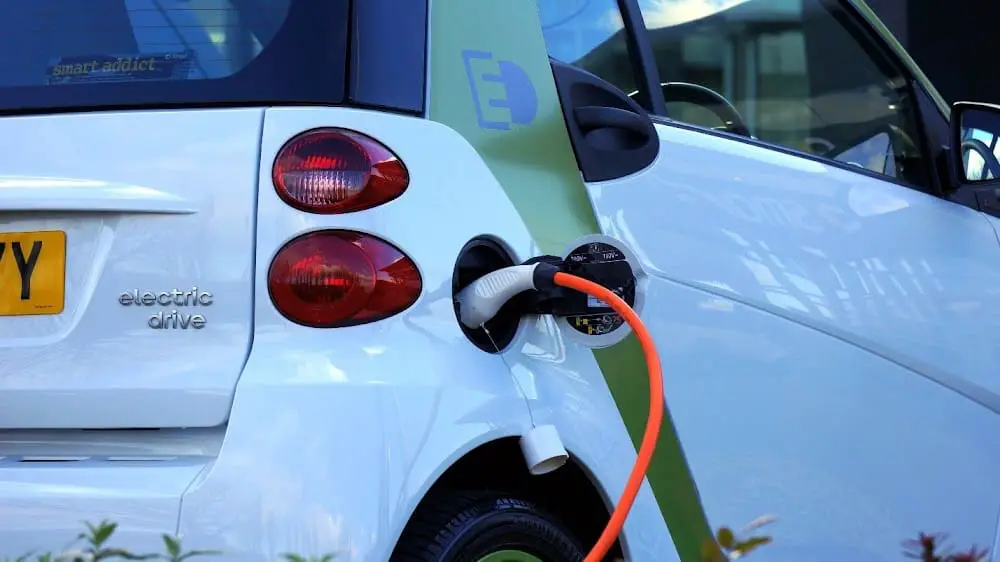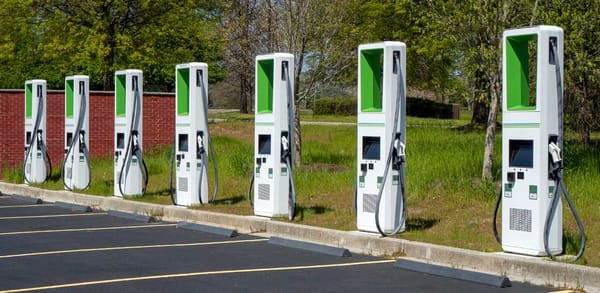Global Leaders Weigh In: The Future of Taxing Electric Vehicles.
Global leaders are expressing a range of perspectives on the introduction of taxes on electric vehicles (EVs), reflecting differing national priorities and economic strategies.


Global leaders are expressing a range of perspectives on the introduction of taxes on electric vehicles (EVs), reflecting differing national priorities and economic strategies.
United States
In the United States, the Inflation Reduction Act (IRA) has been a significant driver of EV adoption through subsidies and tax credits.
The revised qualifications for the Clean Vehicle Tax Credit in 2023 have spurred sales despite earlier concerns about stricter domestic content requirements for EV and battery manufacturing.
President Biden's administration continues to focus on transitioning the federal fleet to electric and increasing charging infrastructure, with plans to deploy an additional 24,000 charging stations at federal facilities by the next fiscal year.
Read: Taxation on Electric Vehicles
European Union
In Europe, the focus has been on maintaining and expanding EV subsidies to ensure continued growth in the sector.
The EU is actively engaging with the US to define "free trade agreements" in a manner that would allow European manufacturers to benefit from US EV subsidies under the IRA.
However, the phase-out of several purchase subsidies in Germany has slowed overall EV sales growth, highlighting the delicate balance between incentivizing green technology and managing fiscal responsibilities.
Read: Impact of New Taxes on Batteries for Electric Vehicles in Kenya.
ASEAN
Leaders from the Association of Southeast Asian Nations (ASEAN) are working on developing a regional EV ecosystem to boost adoption across member countries.
The ASEAN Leaders' Declaration on Developing Regional EV Ecosystem emphasizes the need for coordinated policies to enhance the region's EV infrastructure and market, recognizing the role of taxation and incentives in shaping the market.
China
China remains the largest market for EVs, driven by significant government support and subsidies.
However, the Chinese government is gradually reducing these subsidies, reflecting a transition towards a market-driven approach.
Despite this, China continues to lead in EV sales, underscoring the maturity of its market and the effectiveness of its earlier policies.
Read: Russia Plans To Slash Import Tax On EVs
Kenya
Transport Cabinet Secretary Kipchumba Murkomen has taken a significant step towards promoting electric vehicles (EVs) in Kenya by proposing a reduction in taxes and other financial incentives.
During a recent press briefing, Murkomen emphasized the need for tax incentives to make electric vehicles more affordable compared to traditional diesel vehicles.
He highlighted the ministry's efforts to present a cabinet memo addressing the legal and policy framework for e-mobility, which will include various support mechanisms for investors in the sector.
Murkomen also announced the formation of a 15-member task force dedicated to implementing e-mobility initiatives.
This task force will work on policies to facilitate the seamless operation of electric vehicles across the region and ensure the adoption of best practices.
Murkomen pointed out the environmental benefits of electric vehicles, including reduced greenhouse gas emissions and improved air quality, leveraging Kenya’s renewable energy sources which constitute over 90% of the country's electricity generation.
Read: Ruto Removes Taxes on First 100,000 Electric Cars Assembled in Kenya.
Industry and Environmental Groups
Environmental groups and industry associations globally have varied stances on EV taxes.
Organizations like the Sierra Club in the US advocate for leveraging federal and state investments to accelerate EV adoption, particularly in communities most affected by air pollution.
Industry groups emphasize the need for policies that support the development of EV infrastructure and market growth.
In summary, while the approach to taxing EVs varies globally, the consensus among leaders is the importance of balancing fiscal measures with incentives to drive the adoption of cleaner transportation technologies.
This balance aims to foster sustainable growth in the EV market while addressing environmental goals and economic realities.




